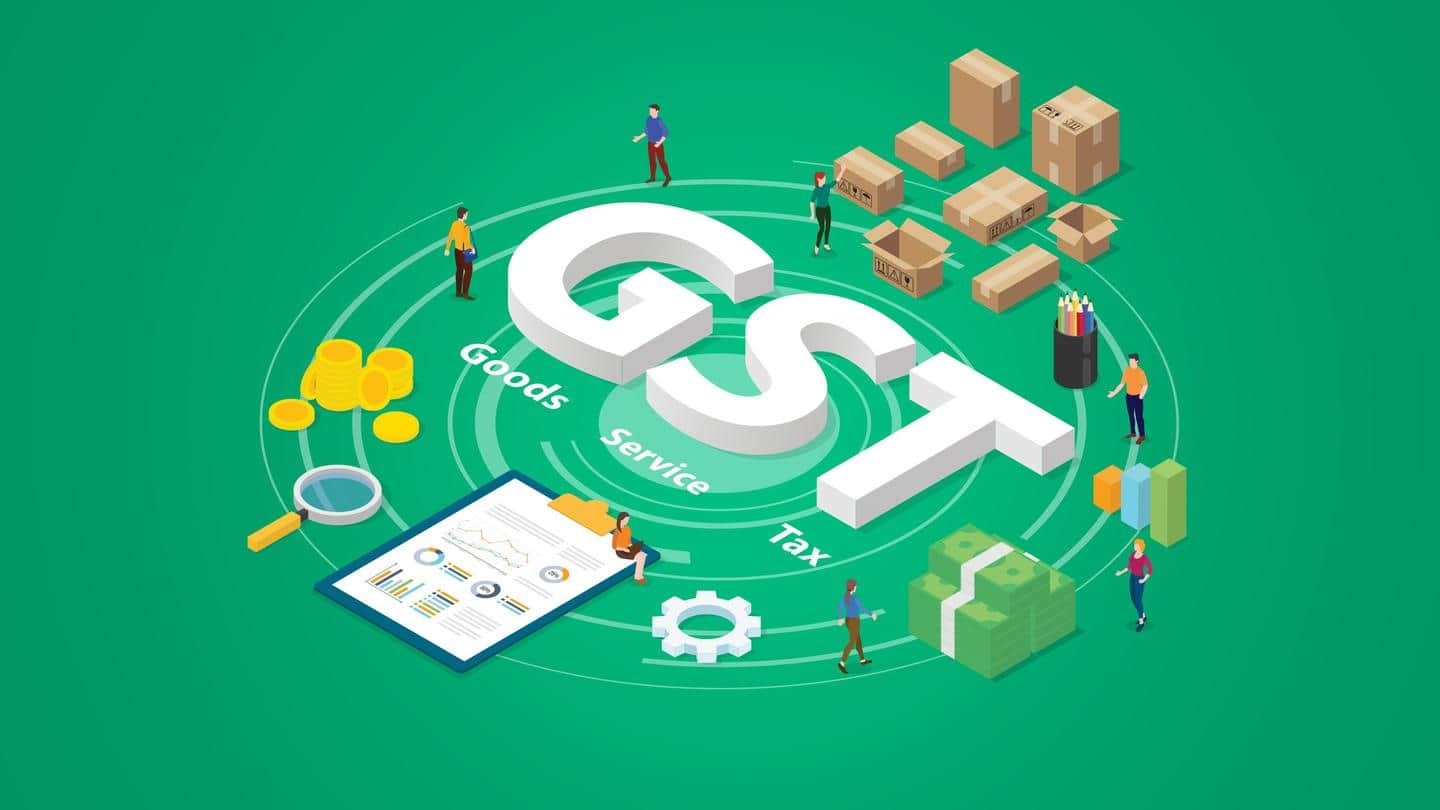
GST changes from January 1: Here's how it impacts prices
What's the story
The Goods and Services Tax (GST) regime will witness a host of tax rate and procedural changes starting January 1, 2022.
Among other changes, it will make e-commerce operators liable to pay tax on services provided through them by way of passenger transport or restaurant services.
Notably, the changes had been notified by the government earlier and will be effective from January 1.
Context
Why does it matter?
The latest GST changes aim to enhance tax collection.
This comes after the GST Council identified that the government exchequer had incurred heavy loss due to underreporting by food delivery aggregators in the past.
The government has also introduced certain measures to curb tax evasions.
Meanwhile, footwear and ready-made garments stand to become more expensive due to an increase in GST rates.
Details
Prices of readymade garments, footwear to soar
The GST on textile and footwear will increase from January 1 due to corrections in the inverted duty structure.
All footwear, irrespective of prices, will now attract 12% GST.
In textiles, except cotton, all products, including ready-made garments, will also have 12% GST.
Notably, these items earlier used to attract a 5% GST rate.
Opposition
Opposition criticized government over tax hike
The Opposition parties have opposed the government's move to hike tax on textile products.
West Bengal Finance Minister Amit Mitra claims that 15 million jobs will be lost due to the tax hike.
The government estimation of earning an additional Rs. 7,000 crore by raising tax is mythical, he said, adding that the tax hike will cause several units to shut down.
Online transport
Online cab fare may decrease slightly
From January 1, auto/cab services provided through any e-commerce platform will have to pay a 5% GST.
Earlier, the government used to charge a 6% service charge from the riders of these apps.
Thus, this may slightly reduce the Ola or Uber fare from the new year.
Notably, the passenger transport services provided by auto-rickshaw drivers through offline/manual mode would remain exempt from GST.
Food-delivery
Will online food become more expensive now?
From January 1, all food-delivery apps will be liable to collect and deposit GST with the government on restaurant services supplied through them.
They will also have to issue invoices for their services.
This will not lead to an extra tax burden on consumers since this simply shifts the responsibility of tax compliance from restaurants to food-delivery platforms.
Currently, restaurants collect and deposit GST.
Information
Why has this been done?
After a meeting in September, the GST Council had found there was no mandatory registration check by Swiggy/Zomato and unregistered restaurants were supplying through these apps. This had reportedly caused the government exchequer a tax loss of Rs. 2,000 crore over the past two years.
Changes
Other changes from January 1
Further, some anti-evasion measures will also be effective from January 1.
These include mandatory Aadhaar authentication for claiming GST refund, blocking of the facility of GSTR-1 filing if the business has not paid taxes and filed GSTR-3B in the immediate previous month.
Currently, the law restricts the filing of returns for GSTR-1 if a business fails to file GSTR-3B for the preceding two months.
Information
Officers can now enter premises without prior notice
Moreover, the GST law has been amended to allow officers to visit premises to recover tax dues without any prior show-cause notice. This will be applicable in cases where taxes paid in GSTR-3B are lower—based on suppressed sales volume—compared to supply details given in GSTR-1.